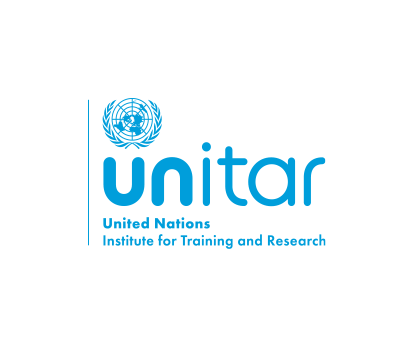
CIFAL Curitiba - Dialogue with the Industry - People with Disabilities
The "Dialogue with the Industry - People with Disabilities" initiative was designed to raise awareness and inform industries about the importance and benefits of including people with disabilities in the workforce. A series of events were organized across multiple cities, including Londrina, Maringá, Ponta Grossa, Cascavel, and Curitiba. These events aimed to engage industry leaders in conversations about the challenges and opportunities related to disability inclusion in the workplace. The initiative sought to address issues such as the employability of people with disabilities and unconscious biases that might hinder their integration into the workforce. Additionally, industries were invited to share their experiences with inclusion practices, creating an open dialogue that could foster greater understanding and commitment to inclusivity.
The "Dialogue with the Industry - People with Disabilities" initiative was designed to raise awareness and inform industries about the importance and benefits of including people with disabilities in the workforce. A series of events were organized across multiple cities, including Londrina, Maringá, Ponta Grossa, Cascavel, and Curitiba. These events aimed to engage industry leaders in conversations about the challenges and opportunities related to disability inclusion in the workplace. The initiative sought to address issues such as the employability of people with disabilities and unconscious biases that might hinder their integration into the workforce. Additionally, industries were invited to share their experiences with inclusion practices, creating an open dialogue that could foster greater understanding and commitment to inclusivity.
The initiative consisted of several events held in different cities, each tailored to address local industries while maintaining a consistent core structure. At each event, a team of speakers presented data on the current state of employability for people with disabilities, highlighting challenges and opportunities in the context of the workplace. The discussions also focused on unconscious biases that affect hiring practices and workplace integration, encouraging companies to reflect on their own biases and consider inclusive practices. Following the presentations, a panel discussion or open forum was held, where local industries were invited to share their experiences regarding the inclusion of people with disabilities. This exchange of experiences helped build a network of industry leaders who were committed to advancing disability inclusion and provided practical insights for other businesses to follow.
The methodology of the "Dialogue with the Industry" initiative was based on a participatory and informative approach, combining data-driven presentations with real-life experiences shared by industry representatives. The sessions encouraged interactive dialogue through Q&A sessions and workshops designed to address specific challenges industries face when hiring people with disabilities. By using case studies and examples of successful inclusion practices, the team demonstrated the benefits of a diverse and inclusive workforce. The events also included group activities that helped participants identify unconscious biases within their own organizations and explore strategies for overcoming them. This combination of education, reflection, and collaboration created a conducive environment for meaningful conversations and tangible action on disability inclusion.
The primary audience for this initiative consisted of industry leaders, human resources professionals, and decision-makers from businesses across the cities of Londrina, Maringá, Ponta Grossa, Cascavel, and Curitiba

